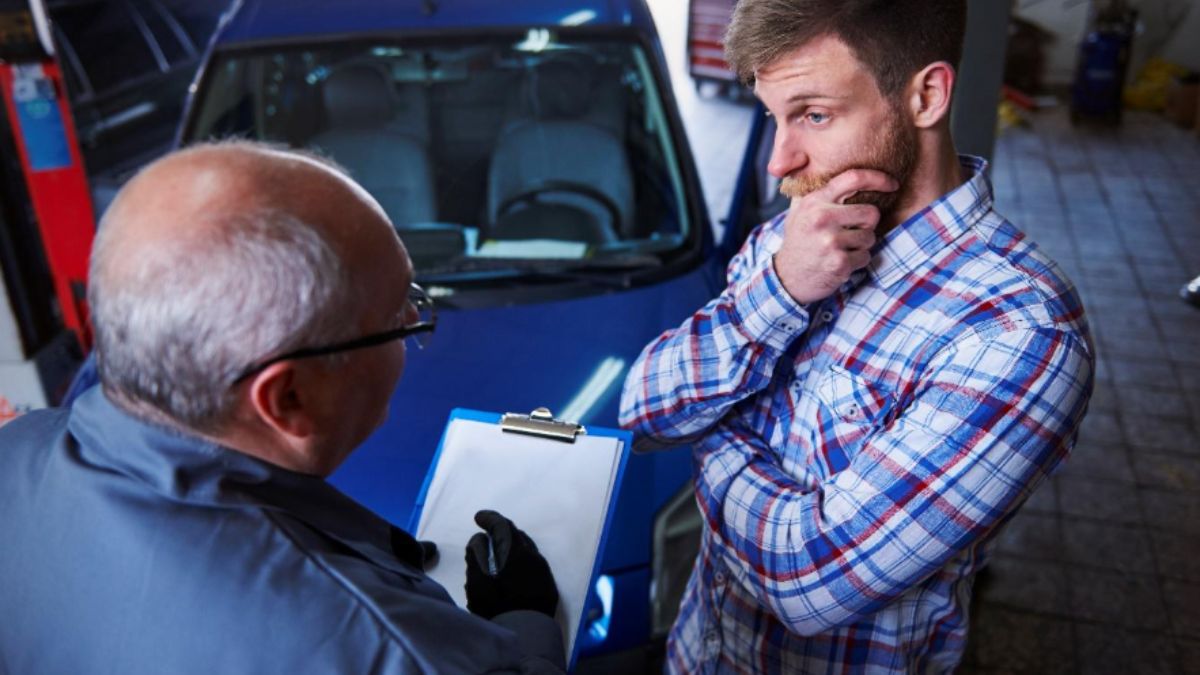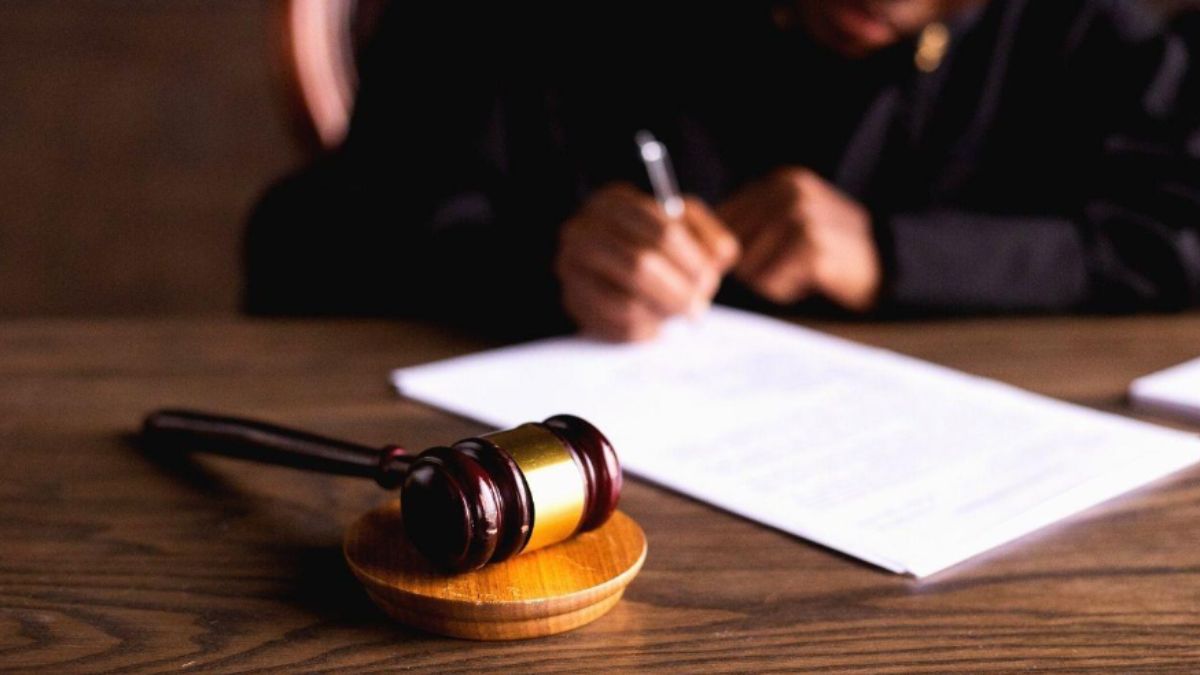Being charged with driving under the influence (DUI) can be overwhelming. The legal consequences are serious, including fines, license suspension, and even jail time.
However, not all DUI cases result in convictions. There are several legal defenses that can be used to challenge the charges, depending on the circumstances.
One key aspect of DUI includes ignition interlock device rules, which require some offenders to install a breathalyzer in their vehicles. This aims to prevent repeat offenses, but they also show how DUI cases can be complex and involve various legal factors.
Understanding potential defenses can help individuals navigate the legal process and protect their rights.
Challenging the Traffic Stop
A DUI case often begins with a traffic stop. However, police officers must have a valid reason to pull someone over. If an officer lacked reasonable suspicion—such as swerving, speeding, or another violation—the stop might be considered unlawful. If proven, any evidence collected during the stop could be dismissed, weakening the prosecution’s case.
Questioning the Field Sobriety Tests
Field sobriety tests (FSTs) are commonly used to assess impairment, but they are not always accurate. Factors like poor lighting, uneven pavement, medical conditions, or even nervousness can cause a person to fail these tests. A defense lawyer may argue that external factors contributed to poor test performance rather than intoxication.
Disputing the Breathalyzer Results
Breathalyzers are widely used in DUI cases, but they are not foolproof. A variety of issues can impact the accuracy of these devices, including improper calibration, user error, or even medical conditions like acid reflux. If the defense can demonstrate that the breathalyzer results were unreliable, the case against the defendant may weaken significantly.
Highlighting Errors in Blood Test Procedures
Blood tests are often considered strong evidence, but they must be conducted and handled correctly. Mistakes in the collection, storage, or analysis of a blood sample can lead to contamination or inaccurate results. If there are any procedural errors, a defense attorney may challenge the reliability of the blood test evidence.
Arguing Rising Blood Alcohol Levels
Alcohol takes time to absorb into the bloodstream. A person may have a higher blood alcohol concentration (BAC) at the time of testing than they did while driving. This phenomenon, known as “rising BAC,” can sometimes create misleading results. If someone had a drink just before driving, their BAC might have been below the legal limit at the time of the stop but increased by the time they were tested.
Proving an Alternative Explanation for Signs of Impairment
Not all signs of intoxication are caused by alcohol or drugs. Fatigue, allergies, illness, or even prescription medications can make someone appear impaired. If a defense lawyer can present an alternative explanation for a driver’s behavior—such as drowsiness rather than intoxication—it may cast doubt on the prosecution’s case.
Questioning Law Enforcement Conduct
In some cases, law enforcement officers may make procedural mistakes or violate a person’s rights during a DUI arrest. This could include failing to read Miranda rights, using coercion, or mishandling evidence. If any misconduct is proven, it may result in the dismissal of the charges.
Conclusion
DUI charges can be intimidating, but several legal defenses may help challenge the case. From questioning the validity of the stop to disputing test results, a skilled defense can make a significant difference. Understanding these potential defenses ensures that individuals facing DUI charges can make informed decisions and protect their legal rights. If you or someone you know is dealing with a DUI case, consulting a knowledgeable attorney can be the key to building a strong defense.

MoneyMantra, is a passionate content creator with over 5 years of experience in writing about the intersection of technology, business, finance, education, and more. With a deep understanding of how these fields empower both individuals and businesses




